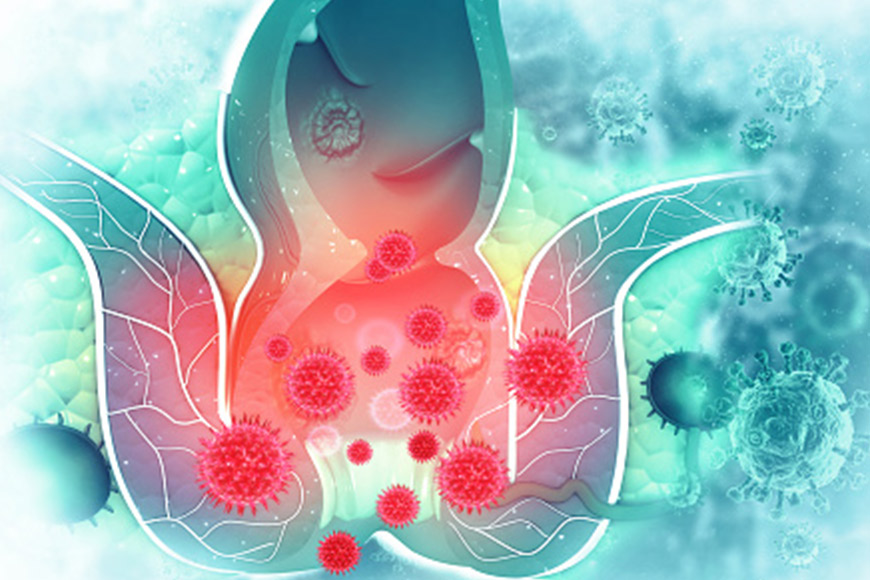Treatments
In most cases, simple measures will relieve symptoms while hemorrhoids will improve without treatment. Notwithstanding, at times drugs and even a medical procedure might be required.

Home remedies
Symptoms can be relieved in the following ways. However, they will not eliminate hemorrhoids:
- Topical creams and ointments: Over-the-counter creams or suppositories, which contain hydrocortisone, are available for purchase online. There are also dressings containing witch hazel or a numbing agent that can be applied to the skin.
- Ice and cold compresses: Placing these compresses on the affected area may help with swelling.
- Wet wipes: Using dry toilet paper may exacerbate the problem.
- Painkillers: Some painkillers, such as aspirin, ibuprofen, and acetaminophen, may relieve pain and discomfort.
Pharmaceutical
Most hemorrhoids medications do not require a prescription. These include ointments, sanitary pads, or suppositories.
Dynamic fixings, for example, hydrocortisone and witch hazel are known to calm tingling and torment. Consult a doctor if these medicines do not show results after a week of treatment.
Non-surgical treatment options
The most common type of non-surgical hemorrhoid removal technique is rubber band ligation.
This is an outpatient procedure for internal hemorrhoids, in which a rubber band is placed on the base of the hemorrhoid to cut off the blood supply. The hemorrhoid will shrink or fall out.
Another procedure is sclerotherapy, in which a solution is injected into the internal hemorrhoids. This results in a scar that cuts off the blood supply to the hemorrhoids.
Infrared photocoagulation and electrocoagulation are other options.
Surgical options
Surgery may involve the complete removal of hemorrhoids, known as hemorrhoidectomy.
It may also include stapling, in which the fallen hemorrhoids are pushed back into place. These procedures are done under general anesthesia and most people can go home the same day of surgery.
The reasons
Enlarged veins around the anus cause hemorrhoids.
It can happen for the following reasons:
- Pregnancy: It occurs more commonly in pregnant women because as the uterus enlarges, it presses on a vein in the colon, causing it to swell.
- Old age: Hemorrhoids are most common in adults between the ages of 45 and 65. But this does not mean that young people and children do not understand it.
- Chronic constipation: The straining to move stools increases pressure on the walls of blood vessels.
- Sitting for too long: Staying in a sitting position for long periods of time can lead to hemorrhoids, especially on the toilet.
- Lifting heavy objects: Repetitively lifting heavy objects can lead to hemorrhoids.
- Anal intercourse: This can cause new hemorrhoids to develop or worsen existing hemorrhoids.
- Obesity: Diet-related obesity can cause hemorrhoids.
- Heredity: Some people inherit the tendency to develop hemorrhoids.
Symptoms
Symptoms of hemorrhoids often include:
- Painless bleeding
- Itching or irritation in the anal area
- In the same area, Discomfort, pain, or soreness
- Lumps and swelling in the anal area
- stool leakage
Symptoms can be bothersome or bothersome, but they are usually not a cause for concern.
Species
Hemorrhoids can be internal or external.
Internal hemorrhoids
Internal hemorrhoids are deep inside the rectum and cannot be seen from the outside. They are usually painless. Often, the first sign of internal hemorrhoids is rectal bleeding.
Straining can sometimes push internal hemorrhoids so that they protrude through the anus. This is known as a projecting or prolapsed hemorrhoid and can be excruciating.
External hemorrhoids
External hemorrhoids are under the skin around the butt and are consequently noticeable. Since there are more sensitive nerves in this part of the body, they are usually more painful. Straining when passing stools can lead to bleeding.
Diagnose
Anyone experiencing the symptoms described above should contact a doctor. Keep in mind that other things, including cancers of the colon, rectum, and anus, can cause rectal bleeding.
The doctor can perform a physical examination and perform other tests to determine whether hemorrhoids are present. This is a manual examination by a doctor using a gloved, lubricated finger.
If symptoms include significant amounts of bleeding, dizziness, and fainting, the individual should seek emergency care immediately.

